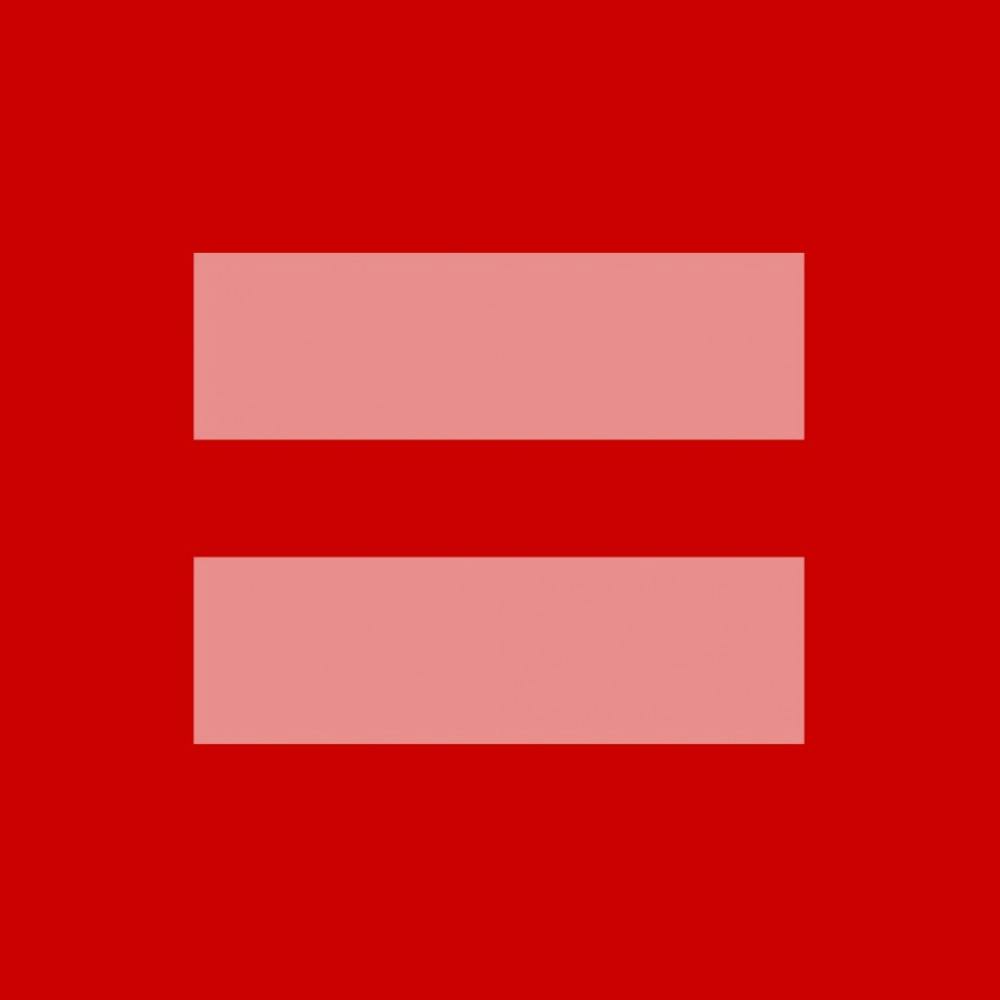We’ve all seen the pink equals sign with the red background hundreds of our Facebook friends or maybe even we, ourselves, have sported as our profile pictures. But should we take this red-hued symbol seriously?
Absolutely.
It’s true, changing your Facebook profile picture probably will not have an immediate, direct effect on the United States Supreme Court as they decide the fate of marriage equality in this country. But marriage equality is an issue of social justice, and Facebook is a social networking website that has immense influence on our beliefs, behaviors and mindsets.
To give you an idea of just how many people showed their support with this image, 2.7 million more people changed their profile pictures on, March 26 (the day the U.S. Supreme Court heard arguments in two cases concerning same-sex marriage) compared to the previous Tuesday, according to The Huffington Post.
Clearly this is not an isolated occurrence. The equals sign logo belongs to the Human Rights Campaign, an advocacy group for LGBT individuals. The typical HRC logo is a yellow equal sign against a navy background, but the group revealed the new version to Facebook the day of the Supreme Court arguments and encouraged supporters to repost the icon to their pages as well.
“Make sure you wear red to show your support for marriage equality. And make your Facebook profile red too!” the HRC told more than 1 million Facebook followers. By Tuesday afternoon, the post had been shared more than 45,000 times and had received more than 13,000 “likes,” according to The Huffington Post.
Some may find it difficult to take this profile picture change seriously, but if social media is good for anything, it’s the impact it has on social mores. Melanie Tannenbaum of The Scientific American argued that while changing your profile picture to show support for same-sex marriage may not directly impact legislation, it can influence Facebook friends. She explained how people are deeply affected by what they perceive to be the social norm. If a Facebook user notices many of his friends support same-sex marriage, over time he is more likely to believe this opinion is the social norm and is therefore more likely to adopt this view himself.
Tannenbaum is right. The truth is, all of us are incredibly influenced by our friends, family, peers and co-workers and for many, Facebook is a breeding ground for such influence. These people have a serious impact on our attitudes and behaviors and Facebook helps spread these notions.
For those who dismiss the Facebook movement as a fruitless effort that will have no impact on the Supreme Court, I want to make it clear the movement was not meant to sway the Supreme Court. It was meant to influence our social circles, which is exactly what it has achieved.
I am certainly not under the impression that a quick Facebook profile change is all that needs to be done when it comes to granting all Americans marriage equality rights. Much, much more must be done. But Facebook is an outlet for influencing social norms and it has done its part to exert that influence. Every little bit helps and social media is not a bad place to start spreading social justice.


